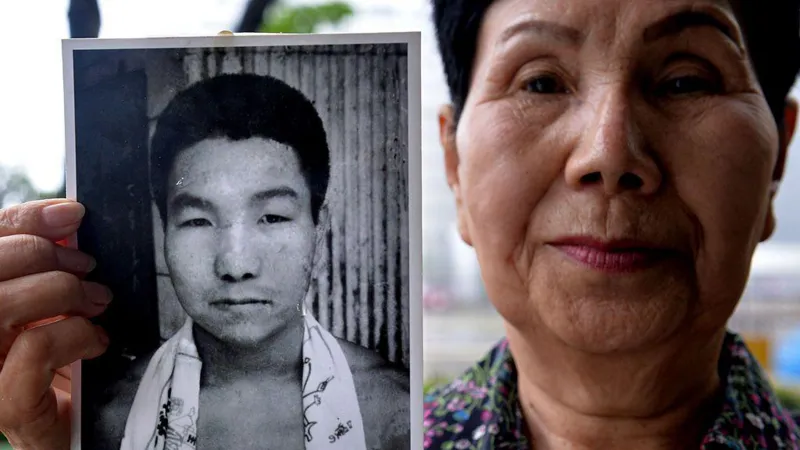
A Georgia Court of Appeals on Thursday disqualified Fulton County District Attorney Fani Willis from prosecuting the case against President-elect Donald Trump and his alleged co-conspirators over charges of 2020 election subversion.
The long-awaited decision, in a state criminal case against Trump that was already on hold, raises questions about whether the case can move forward in court. The appeals court found that Willis’ office can’t prosecute the case, so a new special prosecutor would need to be appointed for the case to continue.
The appeals court found that a “significant appearance of impropriety” was enough to potentially taint the case in the public eye. The appellate court decided, however, it wouldn’t dismiss the sprawling racketeering conspiracy case entirely.
“While we recognize that an appearance of impropriety generally is not enough to support disqualification, this is the rare case in which disqualification is mandated and no other remedy will suffice to restore public confidence in the integrity of these proceedings,” the court wrote in Thursday’s opinion.
The court added: “We cannot conclude that the record also supports the imposition of the extreme sanction of dismissal of the indictment.”
Trump and some of his co-defendants have been trying to get Willis disqualified from the case because of a romantic relationship she had with Nathan Wade, the special prosecutor she hired to help handle the case. The defendants argued that Willis financially benefited from the relationship with Wade, who defense attorneys say covered several vacations for the pair.
Willis’ office could still appeal the ruling. CNN has reached out for comment.
In their 2-1 majority opinion, Judges Trenton Brown III and Todd Markle wrote that trial judge Scott McAfee’s March ruling allowing Willis to continue on the case “did nothing to prevent an ongoing appearance of impropriety that existed at times when DA Willis was exercising her broad pretrial discretion about who to prosecute and what charges to bring.”
Judge Benjamin Land, however, wrote in his dissent that the majority overstepped its authority in overturning McAfee’s ruling.
To make their decision, the panel of three appeals judges could only review McAfee’s ruling. They could not independently review any of the allegations that Trump or his co-defendants made about Willis’ alleged affair with Wade or details of her financial gain. Willis denies benefiting financially from the case and claims her relationship with Wade did not influence her decision to prosecute.
“It is not our job to second guess trial judges or to substitute our judgement for theirs,” Land wrote in his dissent.
“We should resist the temptation to interfere with that discretion, including its chosen remedy, just because we happen to see things differently,” he continued. “Doing otherwise violates well-established precedent, threatens the discretion given to trial courts, and blurs the distinction between our respective courts.”
Ashleigh Merchant, a defense attorney whose original court filing seeking to disqualify Willis set this chain of events in motion, praised the appeals court’s decision and said in a statement to CNN that Willis should have voluntarily recused herself months ago.
“Failing to do so put Judge McAfee in an untenable position,” said Merchant, who represents Mike Roman, a former Trump 2020 campaign official. “This failure of judgment is the exact reason Mr. Roman was forced to move to disqualify her in the first place, so we are thankful that the court agreed she should not be allowed to prosecute this case any further.”
Steven Cheung, a Trump spokesman, said in a statement: “In granting President Trump an overwhelming mandate, the American People have demanded an immediate end to the political weaponization of our justice system and a swift dismissal of all the Witch Hunts against him. We look forward to uniting our country as President Trump Makes America Great Again.”






